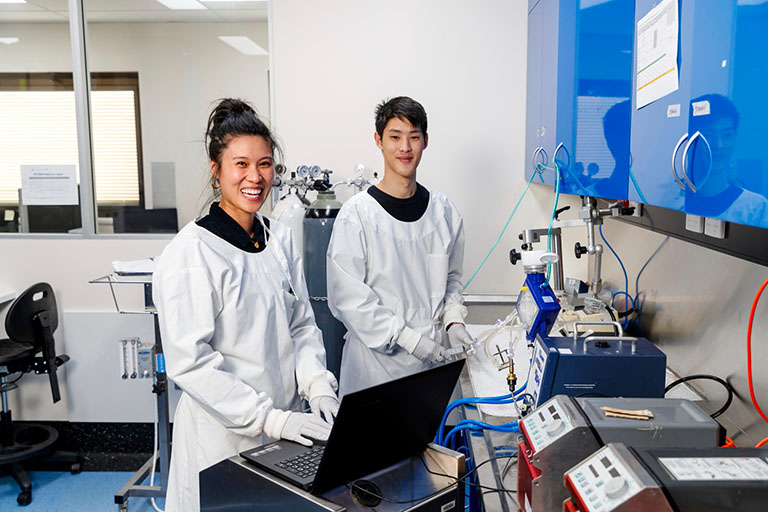
Let's Support
Mental Health
Patients should thrive – not just survive. Support progressive and groundbreaking research to create an intensive care space that concentrates on the emotional and mental health of patients, as well as their physical health.
Revolutionising intensive care unit (ICU) practice for better patient outcomes
ICUs are designed to save lives – and they do. But what about a survivor’s quality of life after they leave hospital?
Recovering from critical illness can have devastating long-term side effects on a survivor’s mental and physical wellbeing. Current research suggests that up to 75% of ICU patients can experience cognitive problems or post traumatic stress disorder (PTSD), and for many survivors this can last long after they’ve returned home. The ICU of the Future is a dynamic project redesigning the ICU environment to be more patient-focused, prioritising their needs, healing and recovery while optimising clinical efficiencies.

Recent project
Creating an Intensive Care Unit (ICU) of the Future
CCRG Founder and Director Professor John Fraser, Project Manager Oystein Tronstad and Associate Professor Dylan Flaws
Up to 75% of ICU patients may experience cognitive problems such as delirium or, mental trauma during or after their ICU admission. Whilst in some cases this can be short term, for many, the side effects of an ICU admission can continue for years after discharge, and rates of post traumatic stress disorder (PTSD) can be as high as those seen amongst Veterans.
The ICU of the Future project is investigating how the ICU environment may contribute to these problems and the project will aim to eliminate many of the factors that can contribute to a patient experiencing mental distress. This includes the constant alarms, lack of natural light and the social isolation which is experienced when patients are separated from their loved ones.
Working hand in hand with clinicians, former patients and their families, and industry partners, the project aims to reduce the incidence of ICU delirium and improve the experience and long-term outcomes of critically ill patients, optimising the quality of life patients achieve after leaving the hospital.